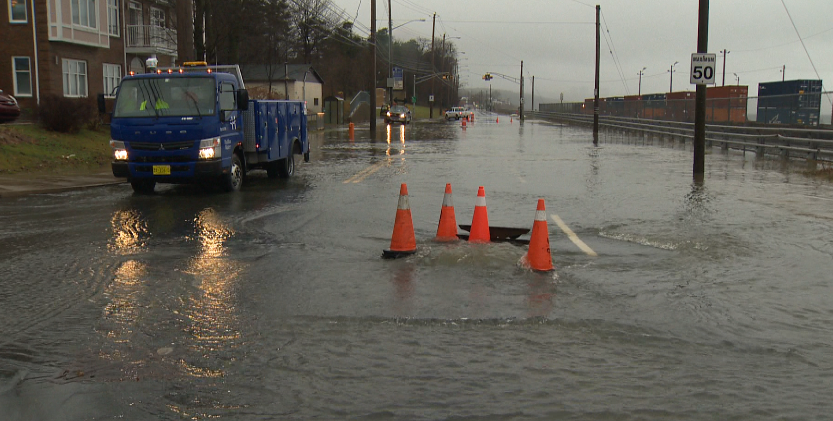Halifax Water says they will not follow the recommendation of an independent ombudsman to release documents requested under provincial privacy legislation.

The public utility said on Tuesday that they won’t follow the recommendation of Catherine Tully, Nova Scotia’s information and privacy commissioner.
“We feel we have provided all the relevant information to the applicant,” said James Campbell, a spokesperson for Halifax Water.
Despite being requested under the province’s Freedom of Information and Protection of Privacy (FOIPOP) Act, Halifax Water had attempted to suppress the majority of 40-page report on a video inspection of the sewage and storm systems on a Halifax street.
The utility argued that individuals could use the information to commit “acts of vandalism, sabotage and/or terrorism.”
Tully, in a ruling released April 23, said that Halifax Water had failed to establish why a disclosure would reasonably be expected to harm the security of its system. She recommended the utility release the 33 pages they had not previously disclosed.
A flooded basement and a search for answers
According to the report, the unnamed applicant who filed the request has been attempting to find the cause of flooding in their basement since 2014.

Get breaking National news
As recounted in the report, the applicant’s home flooded on Aug. 7, 2014, and again on Aug. 26, 2014, forcing the applicant to contact the Halifax Regional Municipality and Halifax Water.
Inspectors investigated, eventually commissioning a video inspection of the sewage and storm systems on the applicant’s street. The video was eventually summarized into a 40-page report containing a map, the main sewer and storm lines in the area of the street and a summary of the inspection of the lines.
In November 2014 the applicant, who has a background in engineering, requested all of the documentation related to the Halifax Water investigation — which only gave him two pages of the report.
After the applicant appealed the decision, he received five more pages of the report. But the utility still said the remaining documents were not disclosed as they related “to the security and protection of critical infrastructure.”
The utility did not provide a reason to support their position but said the entire water system is critical infrastructure and exempt from disclosure.
Tully rejected that notion. saying that the portions disclosed to the applicant failed to identify any risks to the sewage system that could be caused by disclosing more information.
“Broad general assertions of harm will not satisfy the burden of establishing that the disclosure of the particular information at issue could reasonably be expected to harm the security of a system,” she wrote in the report.
But Halifax Water says they won’t follow the recommendation — and under the province’s current legislation there is no way to make them.
Toothless legislation, privacy commissioner says
In a report released last year, the privacy commissioner detailed how powerless her office actually is.
She rebuked the province’s current legal framework and points to the fact that the FOIPOP Act hadn’t been updated in 24 years as a reason why.
“In 1993 there were only 130 websites. Today there are one billion,” Tully writes in her report.
“The digital age is upon us and our laws are quite simply no longer up to the task.”
One of the report’s 34 recommendations was to change the status of the office to an independent organization accountable to the legislature.
“Public bodies can simply choose to ignore the Commissioner’s recommendations,” Tully wrote.
“It is time to strengthen the oversight provisions to ensure that citizens’ right to an impartial review of government decisions and actions is meaningful and effective,” she wrote.








Comments
Want to discuss? Please read our Commenting Policy first.